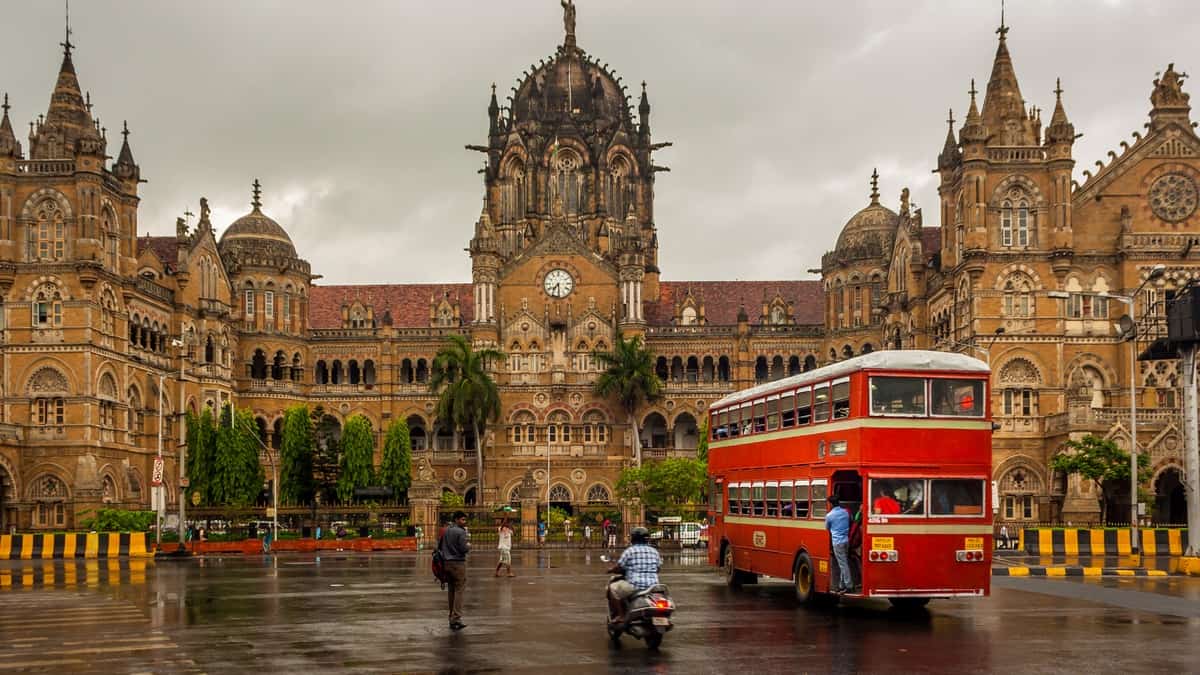The government is working on releasing a super mobile application to act as a one-stop shop that will provide data on the location and accessibility of car charging stations, to increase the adoption of electric cars and relieve the capacity anxiety of the customers.
Convergence Energy Services Limited (CESL), a state-owned company, is gathering data from the private sector for the super app, which is planned to go live in the next 4-6 weeks. The app will detail accessibility, kinds of chargers, and charging fees, enabling users to make and alter reservations at neighbouring stations.
CESL’s Managing Director, Mahua Acharya, told Economic Times that the government aims to establish a mutually beneficial arrangement for all investors.
“Apart from information on the network of public charging stations, the app will reflect information shared by OEMs, enhancing visibility and traffic at private charging points. Consumers will get peace of mind knowing that they can readily access information and make reservations at nearby stations if they need to charge their vehicles on the go”, Acharya added.
By the report of Niti Aayog, a government think tank, around 1,827 charging stations were working across India in 2020. The Department of Heavy Industries (DHI) has sanctioned the installment of 2,877 public charging stations at the expense of more than Rs 500 crore in 68 cities across 25 countries/UTs under Phase-II of FAME, the roll-out of which is in progress.
Industry approximates suggest that in addition to the above, there are 15,000-20,000 private charging stations, against a necessity of around 400,000 such points in the state.
The government plans building a dense grid of e-roads to help inter-city travel, as most users charge electric cars at their houses or in office compounds. Acharya stated
“We need an extensive network of charging stations at strategic locations, which are safe, well-lit, well-covered and where users can top-up their electric vehicles within an hour,” she stated. “This will help cut down battery size, make electric vehicles more affordable, ease range anxiety and speed up adoption of e-vehicles, even for long-haul travel.”
CESL has properly designed a service procurement version to involve the private sector in creating a charging ecosystem.
In this public-private partnership version, CESL will collaborate with businesses whose work will capitalize on and operate these stations across the expressways and roads. This will allow electric vehicle purchasers to take their vehicles out for long-haul travels.
CESL aims to aggregate demand and develop 10,000 charging stations in the next three years under the FAME II Initiative.
Tata Motors’ MD, Shailesh Chandra, NSE -1.56 % Passenger Cars and Tata Passenger Cars Electric Mobility, stated charging infrastructure is very critical in early periods to encourage its adoption.
On its part, Tata Motors would like to complement central and national governments’ efforts to improve faster adoption of electric cars through multiple initiatives, including assistance of charging infrastructure development and allowing to trace charging stations by consumers with Apps.
“This will play a key role in faster adoption of EVs,” added Chandra.
Analysts state that charging infrastructure is a key imperatives for EV adoption.
Tata Motors has adopted a distinctive approach to hold the cooperation of Tata Group firms to provide EV solutions, to reach the infrastructure requirements of its consumers.
CRISIL Ltd.’s Director – Transport, Logistics & Mobility Hemal Thakkar, NSE 0.62 %, in its current EV reports, shared that the top 10 cities used to account for over 50% of the sales across Electric Cars Sectors in FY21.
However, the spread of EVs across sectors has multiplied beyond the top 10 cities in FY22, which now account for anywhere between 20 and 30% of EV sales.
CESL last month found the costs for building 810 electric car charging stations (EVCSs) across 16 Expressways and National Roads covering 10,275 kilometres across the nation.
The chosen passageways include busy routes such as the Mumbai-Pune road, Ahmedabad-Vadodara road, Delhi-Agra Yamuna expressway, Eastern Peripheral Expressway, Hyderabad ORR expressway, and Agra-Nagpur Highway. These charging stations are anticipated to be developed in the next 6-8 months.
CESL will install 590 chargers of 50kW capacity and 220 chargers of higher 100kW range, providing fast DC connectors. The chargers with a 50kW range will be accessible every 25 kilometers, and the 100kW chargers every 100 kilometers.
“For e-3ws charging infrastructure is extremely critical as that improves asset utilization and thereby viability of electric 3 wheelers. In case of e-2Ws many companies have come up with detachable batteries which is helping the cause and beyond commercial applications the range anxiety concerns are low,” Thakkar added.

